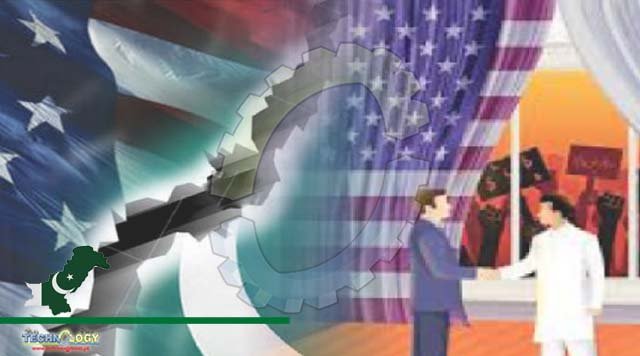Eye-witnessing international best practices of high-ranking research institutions in the United States, nine Pakistani Vice Chancellors and 25 higher education women leaders representing partner universities of the USAID-funded Higher Education System Strengthening Activity (HESSA) project returned home the other day, determined to apply their learning experiences towards improvement of Pakistan’s higher education ecosystem.

“Taking all VCs to the US at such an early stage of the project was a great initiative as it helped clarify what is on ground and what the next steps should be. There is a vast difference between seeing things online and observing them in person. Meeting the senior leadership of the University of Utah helped understand how functional systems exist, how innovation takes place, how the alumni is looped in, and how things pass through a constant evolutionary process,” Dr. Saima Hamid, Vice Chancellor of Fatima Jinnah Women University, Rawalpindi, expressed upon return. The two-week visits, which manifested the HESSA project’s aim to strengthen higher education leadership practices, took VCs representing all provinces, including women universities, to the University of Utah and Washington DC, where they visited the Institute of International Education (IIE), the US State Department’s Bureau of Educational and Cultural Affairs, and USAID. They also met Pakistan’s Ambassador to the US, Masood Khan. The women leaders, on the other hand, visited the University of Alabama and Stillman Collage, Tuscaloosa, among other places. Led by Dr. Aslam Chaudhry, Chief of Party, HESSA, the participants attended workshops, and interacted with research faculty, student life professionals, and state legislators.
Sharing the experience, Dr. Zahoor-ul-Haq, VC of Abdul Wali Khan University, Mardan, explained what a great learning experience it was for him as a leader. “When you see something amazing, you start believing you can do it too. Being at the University of Utah inspired me to aim and think high.” The visit enabled Pakistan’s higher education leadership to observe how their counterparts in the US overcome the divide between theory and practice. Students engaging with the university even during studies, institutes lobbying for their interests, and universities running in a structured manner offered additional takeaways. The women leaders’ cohort had an equally meaningful tour. “I learnt a lot from the brilliant mentors, the environment, the university, and my peers,” said Dr. Saima Hussain from IBA. Talking about her experience, she said, “There are many things that IBA is already doing and seeing similar things happening at the University of Alabama, was a reassurance that we are also thinking along the lines of a developed world university.”
Dr. Saima said, the exposure got her thinking what more can be done at IBA. “My experience of shadowing another woman leader from the University of Alabama was the highlight of the visit. We also got a chance to interact with people who matched our interests and to discuss possibilities of future collaboration, research, and capacity building. We got to visit places of interest which helped pick up ideas from wherever we went,” she added. Dr. Shaista Irshad Khan from the Abdul Wali Khan University, Mardan, said, “The success stories of the women leaders that I met during this tour inspired me to let go of external expectations and to realize that the only thing holding me back is me, myself, and I.” She thanked HESSA for giving women leaders an opportunity to identify their leadership styles, to challenge themselves, to handle difficult situations, and to take informed decisions.
Source: This news is originally published by thenews